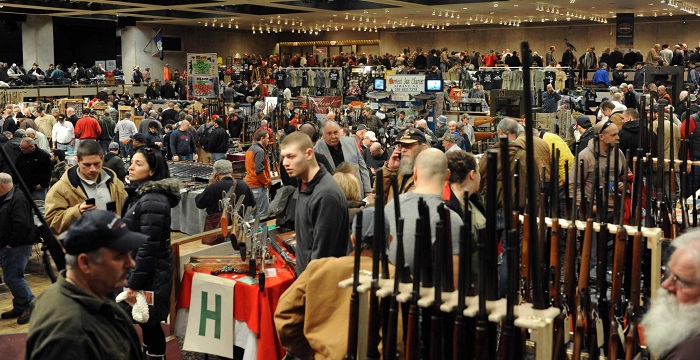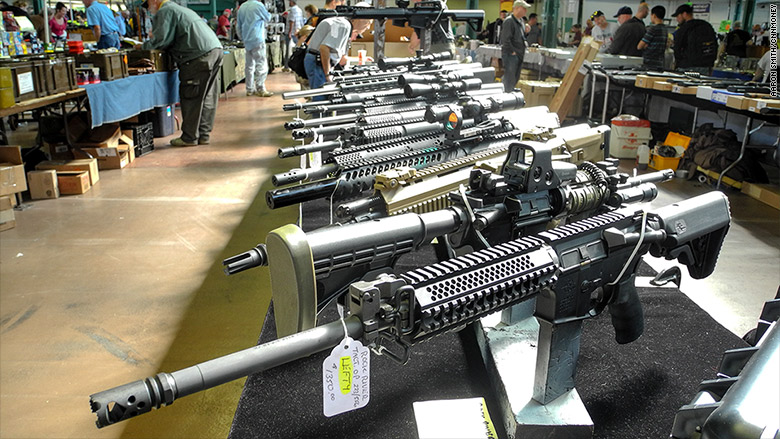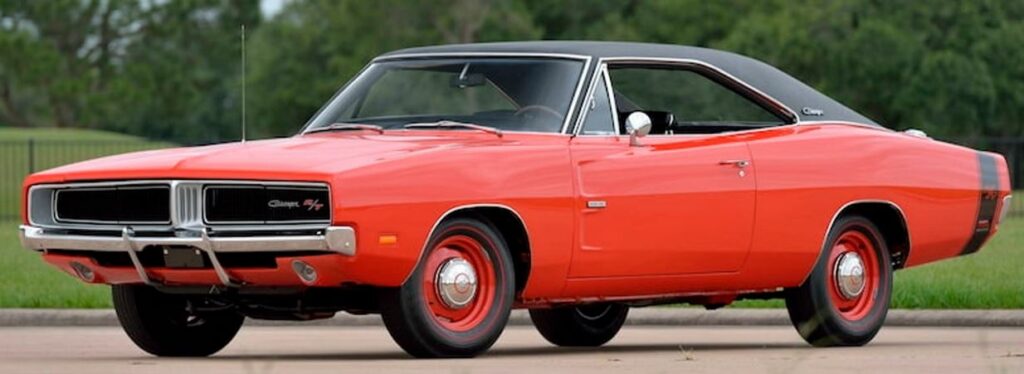Here’s an irresistible offer assuming, that is, you want to live on Planet Manhattan:
For most, owning an apartment on the Upper West Side just minutes away from Central Park is an expensive dream.
However, New York City apartments in the prime location complete with hardwood floors and air conditioning, are being sold for as little as $174,000. Studio apartments are estimated at $173,801, while one-bedroom flats will cost around $184,990.
But there is a catch. The cheap properties, located within a five-storey walk-up pre-war building, are being sold through a lottery open only to those earning below a certain income. Only households with an annual income of around $150,000 or less – 120% of New York’s median income — will qualify for the draw.
Sounds good, dunnit? The company is giving people of lesser income (that would be too little to afford to live in NYfC) a chance to get in there — a very laudable goal. Read on:
Applicants must use the home as their primary residence and may not currently own or have previously owned a property.
That’s good.
Interested buyers must also have 5% of the purchase price to hand in order to make a down payment.
Also reasonable.
Those looking to get their hands on one of the 17 units in at 165 West 80th Street must enter the draw by the deadline on August 27.
That’s kinda soon for a purchase of this magnitude, don’t you think? (Anyone who’s ever bought a car will recognize this little line; “Offer only good through this weekend!” or “There are two other guys interested in this deal.” )
…which brings me to my next point. Most likely, there are going to be far more buyers than apartments, what finance people call “oversubscribed” in the market. Which is fine, but my antennae — already twitching — lead me to ask one simple question:
Does one have to purchase a ticket or pay some kind of fee to enter this particular little lottery?
Because if so, the organizers are going to make a shitload of money from the potential buyers before the first apartment is sold because regardless of the ticket price, there are likely to be hundreds of thousands of applicants wanting in on the deal.
If not, and the entry is based solely upon proof of financial qualification, then all is well, more or less.
But I can’t but help thinking that there’s a scam in all this, somewhere. As the old (and wise) saying goes: when a deal is too good to be true, it usually is. And apart from the obvious question (who would want to live in a five-floor walk-up in Manhattan nowadays?), this one seems to be just that.
I’ve seen apartments in Manhattan, and most are absolute shit — especially in older buildings. Offering a “floor and A/C” isn’t much, and if the place needs substantial work — at Manhattan-level prices — then the deal is going to cost a ton of money. And if the organizers have already refurbished the apartments –also at Manhattan-level prices — then how are they going to make money on so low a price?
Feel free to argue the point, in Comments.










